What’s Up with Boredom?
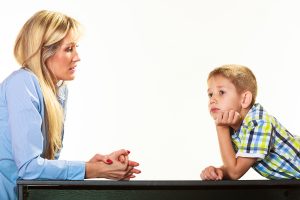 In my office I have encountered clients who report “boredom” as an almost unbearable state. My young clients find they are “bored” at school, doing chores, having to even engage in conversations. It is a painful state they feel they need to escape from which often leads to distracted behavior in class, conflicts at home and a breakdown in simple discourse at the dinner table.
In my office I have encountered clients who report “boredom” as an almost unbearable state. My young clients find they are “bored” at school, doing chores, having to even engage in conversations. It is a painful state they feel they need to escape from which often leads to distracted behavior in class, conflicts at home and a breakdown in simple discourse at the dinner table.
As grown-ups, we know much of life is not exciting. Excitement is what happens intermittently, as the exception to the tedium of activities of daily life. In fact, it is the mundane that allows us to enjoy the excitement. By investing time and effort into every day tasks like working to earn money and planning for the future, we facilitate opportunities to go to amusements parks, concerts, sporting events and movies. And, by definition, what makes something exciting is that it is different from the routine.
So, given the deep and painful responses to routine tasks some kids express, I began wondering how this has happened. A 13-year-old client asked me once, “Tell me, would you rather go to a friend’s house or fly around in a space ship exploring new worlds and engaging in epic battles?” He had a point. And I have been thinking about it ever since. Their lives are filled with highly charged experiences. From video games, role-playing games and movies filled with graphic computer generated images and surround sound, they have come to expect a certain threshold of experience. Even some of their food is beefed up with synthetic flavor enhancers. Consider the impact of “on demand” media, personal playlists and fast food. This generation has little need to wait or endure something that was not of their choosing.
I have come to consider this the dilemma of synthetic vs. authentic. The problem is these kids now have a different “set point” for what is tolerable. It is like expecting watermelon to taste like “Jolly Rancher” watermelon candy. The escape into more stimulating environments where one can be “all powerful” is far more appealing than doing your homework. Overall, I find this dilemma particularly curious in the context of moving to organic and locally grown foods, environmental concerns, and having to bring our own bags to the grocery store. There is a consciousness about the world, pollution and the environment, but are we missing the microenvironment that is shaping our kids? How will they manage when they need to do the grocery shopping, do their laundry or complete their tax returns?
If in fact our current world has created a different set point in our children, it is time to consider how to readjust it so their lives can be lived authentically, not synthetically. The opportunities are all around. Aside from turning off the devices, consider the value of having your kids wait, not getting their wants satisfied immediately and having to listen to your radio station in the car instead of their own. Consider adding nature back into their lives with hikes, campouts and days at the beach. There will inevitably be push back as it is hard to withdraw from a synthetic world that responds to your every whim, so expect resistance. Their suffering is real. Boredom is painful and something many of our kids have learned how to avoid and escape. As the parent in their lives, it is our commitment and persistence that can win out. After all, they are going to have to survive a lot of boring tasks in life. It is critical that they have this ability so they can have clean clothes, hold a job and successfully launch.
Tags: children, kids, parenting, parenting problems

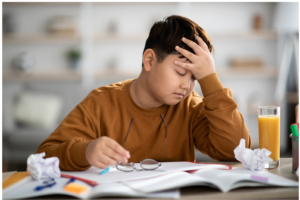

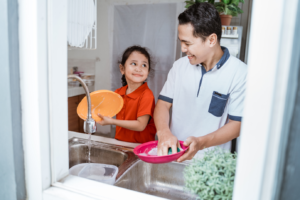


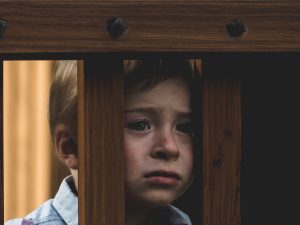
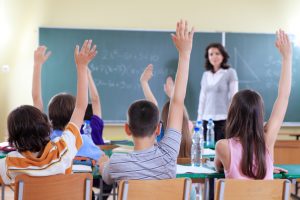
Leave a Reply